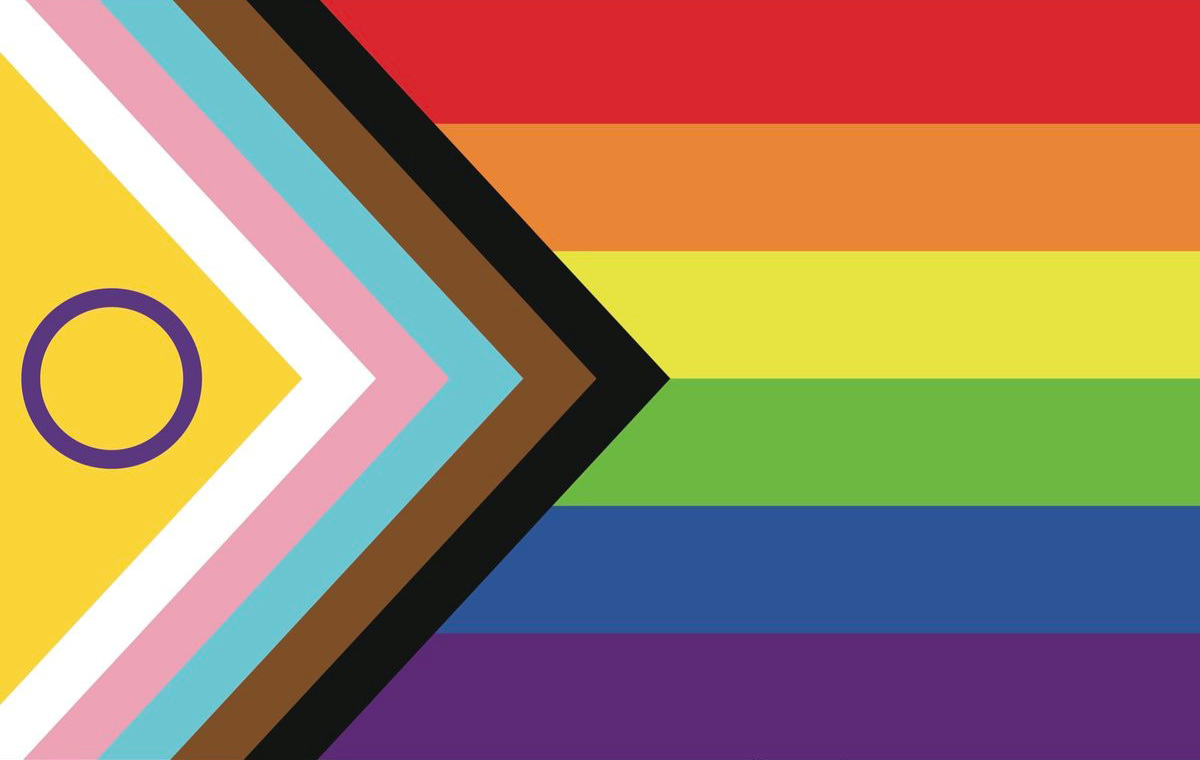Listen to the audio blog here, or continue to read below.
In fact, a third of younger Canadians have sought treatment for mental health issues since the arrival of the pandemic. However, there are also millions of Canadians suffering from stress and emotional challenges. Many have found assistance through “e-counselling.” If you are seeking support to manage your mental and emotional issues, here we explain everything you need to know about online counselling in Canada.
How Does Online Counselling Work?
Online counselling or e-counselling is accessible mental health care via video conferencing, telephone, or text. You choose the mode of communication you prefer and enjoy all the benefits of in-person counselling from the privacy of your own home or a preferred location. Whether you live in a remote area of Canada, have a hectic schedule, or prefer to attend sessions in complete privacy, e-counselling makes it easy to receive care from compassionate counsellors without ever leaving your home.
Why Choose e-Counselling?
Accessibility
Easier accessibility is one of the most common reasons e-counselling is the preferred method for support. If you have mobility issues or are in a remote area, you can access counselling from the convenience of your home. When you have a busy schedule, you can avoid time-consuming travel getting to and from appointments. Also, e-counselling tends to be more affordable than in-person visits as the counsellor does not have to worry about the cost of running an office, hiring an administrator, and other overhead costs.
Privacy
Many clients prefer the privacy of e-counselling. You can choose the environment that makes you feel safe without the worry of running into someone you know, either in the waiting room or entering or leaving your counsellor’s office. Although some counsellors have an office set up that helps clients avoid seeing each other, the online approach guarantees privacy.
Different modes of communication
You may prefer texting your counsellor to have more time to consider your responses or the questions you’d like to ask. Phone calls might allow you to provide more detailed answers because you feel less pressured when not speaking face-to-face with your counsellor. This can make sessions seem less stressful for some. If you need same-day appointments, you aren’t faced with wait times for appointments. Such flexibility allows you to find the “best fit” for your specific needs.
How Do You Seek Online Counselling?
You do not need a referral from your family doctor to see a mental health care provider. However, you can ask your family doctor to recommend a certified counsellor offering online care. You can also search for counsellors online, using websites such as the Canadian Counselling and Psychotherapy Association or your provincial association of social workers. If you have benefits at work, employers can often make a recommendation, and some universities offering mental health support can help. An easy resource is Focus Mental Wellness. You can search by province/territory, the type of help you are seeking, or the type of therapist you prefer.
Which Online Counselling Providers Take Insurance?
Although mental health care is not covered by all provincial or territorial health plans, it is covered by most company and private insurance plans. If you have health insurance through your work or a private health insurance policy, you can pay your counsellor and then be reimbursed by your insurance provider; but be sure to speak to your insurance provider or review your policy first to understand what is covered.
If you don’t have insurance, some provinces/territories offer additional public health care funding. If you’re paying for the services yourself, ask your counsellor or review the e-counselling platform for what affordable options they offer. For example, daily texts are often covered by a weekly or monthly fee that is more affordable than full sessions via phone or video conferencing.
What Types of Counselling are Offered by Online Counsellors?
Mental health care counsellors are trained professionals who can evaluate clients and provide therapy for many issues, including:
- ADD/ADHD
- Anxiety
- Stress
- Relationships
- Substance use
- Work Issues
- Parenting
- Addiction
- Depression
- Eating disorders
- Family Issues
- Grief and loss
- LGBTQIA+
- Self-esteem
- Anger
- Unwanted thoughts and behaviours
- Trauma/PTSD
- Sexuality
- Loneliness
Treatment is based on your condition and can include a variety of techniques such as Cognitive-behavioural-therapy (CBT). Counselling can also provide the tools you need to cope with day-to-day challenges. For some, it might include meditation and mindfulness techniques. Your counsellor might decide to change their approach as you make progress. This allows you to continue to see the best results. The goal is always the same: to help you feel better so you can live better.
Should I See a Counsellor or a Therapist?
Both counsellor and therapist are used to describe professionals who treat mental health conditions through talk-based approaches. Each practitioner approaches their treatments slightly differently. There is also a wide range of specialties, regardless of whether the practitioner is a therapist or a counsellor.
No matter which you choose, the important thing is the rapport and trust you build with your mental health provider. Finding a provider whose values match yours and who you’re comfortable talking with and taking advice from is the key to successful mental health recovery.
Which e-Counselling service is the Best?
The beauty of e-counselling is that you can choose the type of counselling that suits your lifestyle and needs. The formats are flexible, and you don’t have to commit to any one in particular. In fact, you don’t have to continue with a specific counsellor if you find you don’t have the right rapport after a few sessions as it’s easy to switch online. The e-counselling formats available include:
Video counselling
Most people experience the most “authentic” relationship with a counsellor through video counselling. It provides you with face-to-face communication to allow you to quickly build a sense of trust with your counsellor. To enjoy the best possible video counselling experience, all you need is basic technology, like a computer, or mobile phone. Your counsellor will provide instructions on how to use their video conferencing platform. You also need a dependable internet connection to avoid disruption to your sessions.
Phone counselling
Telephones are almost as personal as video counselling. However, where they work very well is when you want to experience a conversational session with more anonymity. Without face-to-face interaction, some clients feel less self-conscious when sharing their thoughts and feelings, which can result in a more powerful session that is honest and revealing.
Text counselling
Unlike phone or video counselling, text messaging is not a scheduled session at a specific date and time. Instead, it allows you to remain in contact with your counsellor on a daily basis. Many clients use this format to support phone or video counselling. It allows you to use your computer or mobile phone to text your therapist daily from anywhere. It is very cost-effective, costing a fraction of a full hourly session, and allows you to receive responses from your counsellor each weekday. You then receive a comprehensive weekly summary from your therapist.
Does Online Counselling Work?
Yes! According to a 2018 study published in the Journal of Psychological Disorders, online cognitive behavioural therapy is equally as effective as face-to-face treatment for major depression, panic disorder, social anxiety disorder, and generalized anxiety disorder. As well, if you suffer from social anxiety, seeking treatment for your anxiety via private online counselling can be the first step to resolving your issues.
The Focus Mental Wellness platform ensures secure, PHIPA-and-PIPEDA-compliant online video, phone and text therapy. If you are interested in online counselling, book a session with a Focus Mental Wellness therapist here.



